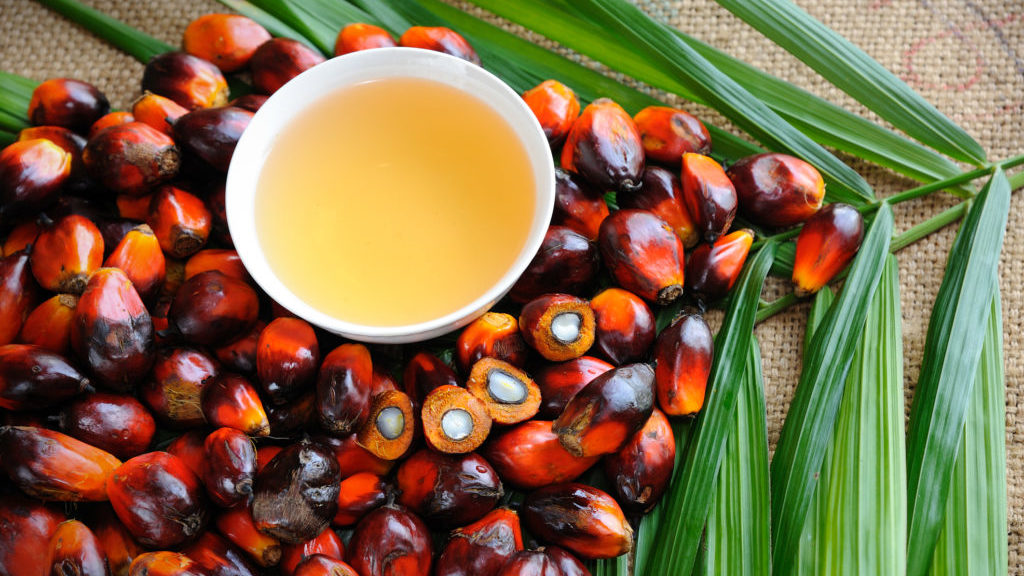When you have the time at home, open your kitchen cabinets and fridge. Do you see chocolates, cookies, bread, margarine, instant noodles and ice cream?
Next look at the toiletries in your bathroom. You’d likely find soap, shampoo, conditioner and perhaps even detergent.
If you’re a lady, look in your makeup bag, and I’m sure you’re going to see lipstick, foundation and mascara.
No, I’m not playing Simon Says with you. There is a reason for this madness.
All these things may have different uses. But one ingredient found in all of them is creating a profound impact on our environment – palm oil.
It’s in Everything
As you can tell, almost everything from cooking to preserving food, from soaps to cosmetics, uses palm oil.
And because of this, farmers are finding it more difficult to supply palm oil sustainably.
According to Roundtable on Sustainable Palm Oil (RSPO) – an international non-government organisation that promotes the production and use of sustainable palm oil – cultivation has caused and continues to cause massive deforestation.
“This means that land, which was once predominantly covered by primary forest [forest that has never been touched by man] or which housed protected species and biodiversity, is cleared to be converted into palm oil plantations.
“Likewise, some palm oil plantations were developed without consulting local communities over the use of their land. Some have even been responsible for forcibly displacing people from their land. Violations of workers’ rights to fair pay and safe working conditions and other malpractices have also occurred,” said RSPO on its website.
To tackle this, the RSPO developed a set of environmental and social criteria in 2008. It certifies companies as Certified Sustainable Palm Oil (CSPO) producers, sellers or users.

FairPrice Joins the Ranks
The RSPO has now officially accepted NTUC FairPrice as a member. Making Singapore proud, the retailer is also the first locally owned supermarket in Southeast Asia to attain the RSPO membership.
As an RSPO member, FairPrice is now committing to provide housebrand products that contain palm oil from sustainable sources.
“FairPrice remains committed to championing our various ongoing sustainability efforts. On this occasion, we take our commitment one step further by being an RSPO member to provide further assurance to our customers, while at the same time rallying the community and industry to take affirmative steps to protect our environment for our future generations,” said FairPrice CEO Seah Kian Peng.
In response, RSPO CEO Darrel Webber commended FairPrice’s commitment.
“I am encouraged by NTUC FairPrice who is leading by example and embracing international standards in the production of sustainable palm oil. Only with commitments from retailers and brands to move towards a 100 per cent Certified Sustainable Palm Oil [CSPO] use we can make RSPO’s vision of making sustainable palm oil the norm possible,” he said.
Doing Their Part
With FairPrice taking the lead, it comes to show that it is possible for retailers to do their part to support the use of sustainable palm oil.
As consumers, we, on the other hand, need to make a stand and decide to buy products that are CSPO.
Remember, if there is a high demand for CSPO products, retailers will undoubtedly have more incentive to stock up on products that come from a sustainable source. So let’s do our part too.

